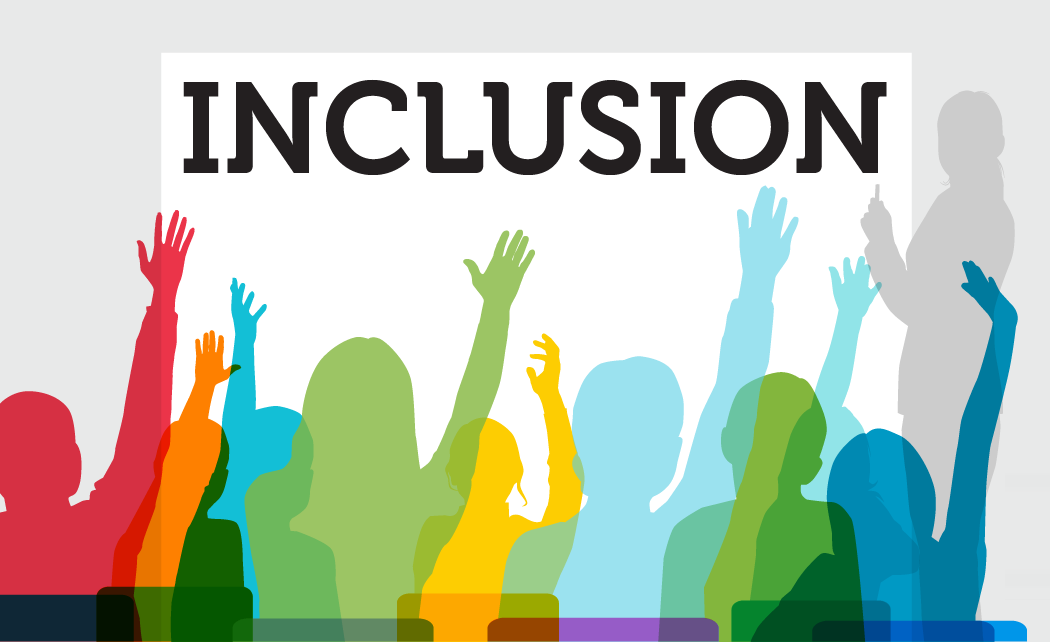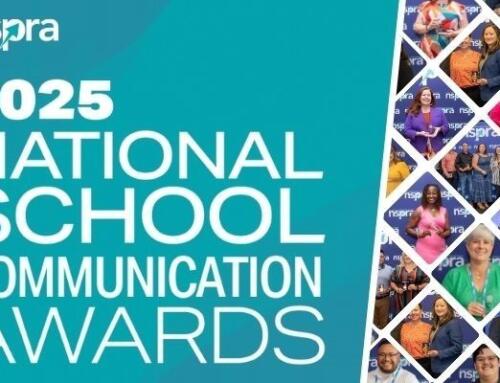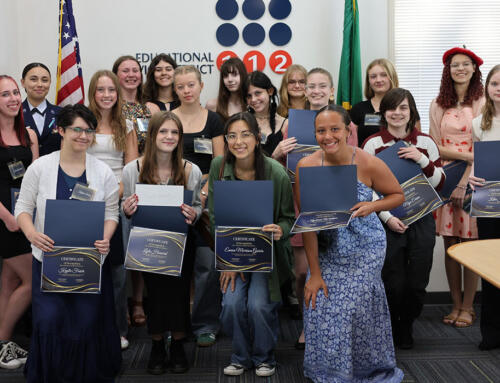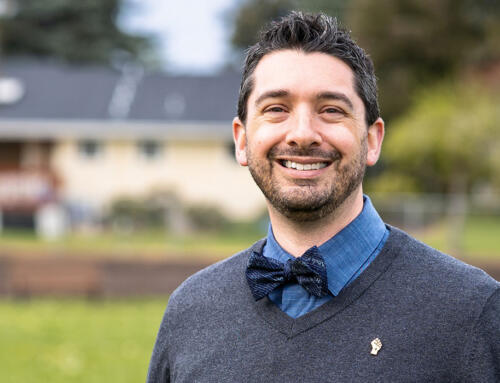Currently, the state of Washington is ranked as one of the nation’s least inclusive states (44 out of 50), but educators from across Southwest Washington and the rest of the state are actively working to change that.
The Washington Association of Educational Service Districts, which is comprised of all nine of the state’s ESDs, is currently providing professional learning opportunities for educators and school leaders via the Inclusionary Practices Project (IPP). The project’s purpose is to support educators with developing and implementing sustainable systems, structures and practices that support all students with meaningful access and engagement in inclusive learning environments.
“This project utilizes what’s known as the Universal Design for Learning (UDL) framework to address and plan for learner differences and remove systemic barriers negatively impacting meaningful access to learning,” explained Cassie Stevens, NWESD Inclusionary Practices Coordinator. “In order to do this effectively, according to UDL scholars Laura Kieran and Christine Anderson, educators must first get to know a student’s interests, strengths, challenges, experiences and learning preferences. It becomes increasingly important to develop strong relationships with students who have been historically oppressed or marginalized if educators want to be effective.”
Since August, nine regional coordinators have been working with school leadership teams across the state, providing educators with more than 24 hours of synchronous and asynchronous learning courses, ongoing coaching and support, as well as help with developing an action plan to implement inclusive practices in their school and/or district.
“I have been so energized by the passion that I have seen from administrators and educators that are ready to dig into this work and be creative to keep it moving forward in these unconventional and stressful times,” said Gahlya Auel, Inclusionary Practices Coordinator for the ESD 112 region. “I have been astounded at how teams have been jumping on board and showing their readiness – even with the future being unpredictable and barrier after barrier being put in front on them. No matter what, the dedication to ensuring that all students have meaningful access to education is clear.”
The Inclusionary Practices Project is funded by the Washington Legislature, which has provided OSPI (Office of Superintendent of Public Instruction) with $25 million over two years to help improve schools’ ability to be more inclusive.
Learn more about the project on the AESD website.





 ESD 112 equalizes educational opportunities for learning communities through innovative partnerships, responsive leadership, and exceptional programs.
ESD 112 equalizes educational opportunities for learning communities through innovative partnerships, responsive leadership, and exceptional programs.